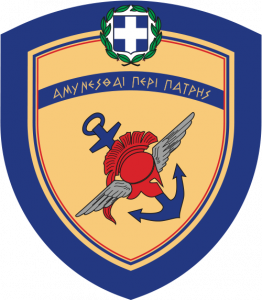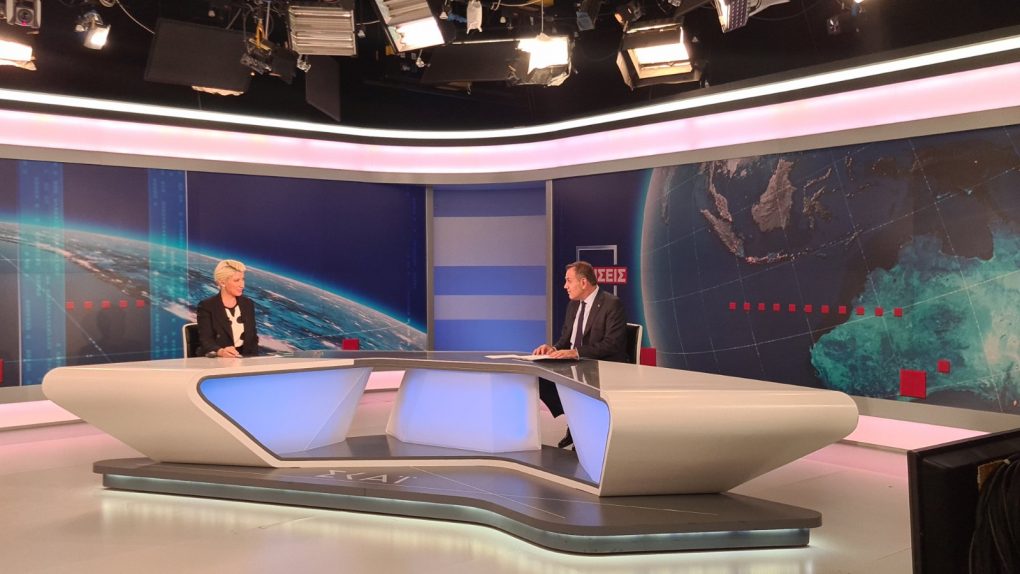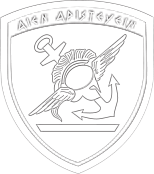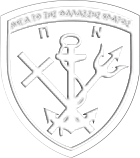Provisions and benefits from the Greece – France Defence Assistance Agreement:
The public reacts positively to the announcement of the Military Agreement with France. Perhaps it came unexpectedly, but we have been working rigorously, systematically, free from boasting for a very long time. We had the pleasure of signing yesterday in Paris this Defence Agreement, which exceeds the acquisition of three state-of-the-art “Belharra” frigates. The slogan “Greece – France: Alliance” may be old, but it reflects in a very characteristic manner both the strong allied relation between our countries and the friendly relationship between our people that was emphatically updated.
The Agreement extends to four parts:
1) Strategic cooperation;
2) Cooperation at Foreign Policy level, with ongoing consultations of Ministry Officials, so that geopolitical developments would be analysed and we would be lead to commonplaces;
3) Military Cooperation, so that a shared strategic culture and transnationality would be developed between the Armed Forces of Greece and France that have gotten in any case close through the acquisition of “Rafale”, joint trainings and now at Navy level;
4) Cooperation in the field of Armaments and Defence Industry, so that domestic Defence Industry firms would get involved in a cooperation with large firms of the respective French defence industry.
This is a multi-level agreement, which benefits the country at national level through the acquisition of three “Belharra” frigates; the new era digital frigates with tremendous potential at all levels, especially in weapon systems.
Information about the procurement of corvettes for the Navy:
Corvettes are another issue to be discussed, as well as negotiated. The Navy will be reinforced even further, since its needs are not only limited to the procurement of three frigates. I hope to have some good news soon.
Greece – France Defence Assistance Clause:
The Mutual Defence Assistance Clause – already much discussed for some time – has been most wanted by those who were asking for something in particular from a bilateral Agreement in the field of Defence Cooperation. Therefore, this became a reality.
The wording of article 2 of the Agreement on Mutual Defence Assistance involves the will of any of the two countries to assist by Military Means the other one in the event of an attack by a third country in its territory. It is the most tangible evidence that this Defence Cooperation relation “takes off” in tension. At the moment, it provides for the immediate military assistance of France to Greece and vice versa if there is an emergency.
As regards the term “Territory”, it is clarified that it does not include purely the ground but the entire Territory, meaning the sea areas too.
As soon as this Agreement is open for ratification by the Greek Parliament – within the next days based on my information – there is no reason for the parties that were expressing their objections on the non-existence – so far – of this Mutual Defence Assistance clause in the field of Defence Cooperation, not to support it during the parliamentary approval.
Restraint on the part of the opposition about the cost of frigates:
We are pleased to have obtained three state-of-the-art “Belharra” frigates at a much lower price than the one agreed upon last year for two frigates. There was an improvement in the cost, as long as the French side made some discounts, in order to provide the best possible solutions to the Greek side, giving will – centrally led at government level – so that the agreement would be achieved. We got three frigates with the same capabilities, while last year respectively we were talking about two.
Estimates on the French reactions to the AUKUS agreement:
France wished to acquire a large contract in the field of Defence and the acquisition of three frigates by Greece opened the way. Of course, it does not involve the same worth as the contract on the submarines in Australia, which was cancelled. Certainly, there was additional will on the part of the French side to seek and “get this job” by improving the terms towards the Greek side.
We seized the opportunity that arose from the geopolitical situation, through this dramatic shift with AUKUS, certainly for national advantage:
-
It is an extremely beneficial agreement at national level; a Big day that the Navy awaited eagerly;
-
It is also a big deal at European level, because two traditional allies come even closer and will contribute, so that the perspective of the EU’s Strategic Autonomy would be reinforced;
-
At NorthAtlantic Alliance level, because it involves two of its members and it is not made under NATO or the USA, but jointly and in consultation with both.
Operational coverage of the Navy until 2025:
The existing Navy units will continue to cover operationally any needs that might occur. They proved last year that they want and they can do so.
2025 is very close. A favourable term of the agreement on the acquisition of new frigates involves the delivery time, which is very short. Two ships are already being built in France; one for the French Navy and the other one, as is clear, for us. While the third one intended for France will be finally delivered to the Navy.
In an effort to improve the terms of the Agreement, in order to become more attractive to us, the French will deliver two frigates within 2025. The other one will be delivered in the beginning of 2026 for “fiscal space” reasons, because this is also something that we have to deal with. Our capabilities are not independent and replying to all those who are wondering about the cost of armaments, everything is planned based on a costed and prioritized plan of the Ministry of National Defence that has been approved by the Prime Minister for some time now.
Possibility of formation of an EU Army during the French Presidency:
The world perceives the EU as an entity with great financial power, but less compared to the first geopolitical power; therefore, the question of its independency at strategic level arises, so that it would intervene with its own forces in regions where its vital geopolitical interests are affected.
North Africa, sub-Saharan Africa or the Middle East are such regions. Therefore, Europe should obtain this possibility there, in order to be also established as a geopolitical power comparable to its financial power.
France is the first military force in the EU and therefore, it is reasonable for it to assume the role of a leading country in this initiative and it is a chance for Greece to stand together on this initiative with other countries which so wish. It should be underlined; not under NATO but together with NATO and in full cooperation. However, independently where necessary.
Turkish Press’ allegations of aggressive behavior on the part of Greece:
Our intentions are not offensive. We have expressed in all tones that we wish to safeguard our country’s territorial integrity and sovereign rights through the Armed Forces’ deterrent power.
If every country that proceeds with the acquisition of any advanced modern weapon system, this is accompanied by aggressive behavior, then in my opinion this is an inaccurate estimate. I understand that this serves the propagandistic purposes of the Turkish side.
We have made our intentions clear as of the beginning. Even if everything was alright with Turkey, even if there was no past of tension, no tentative relations from time to time, no revisional and often provocative behavior of Turkey, then we would still have to take steps to renew our old fleet and this should be made clear.







